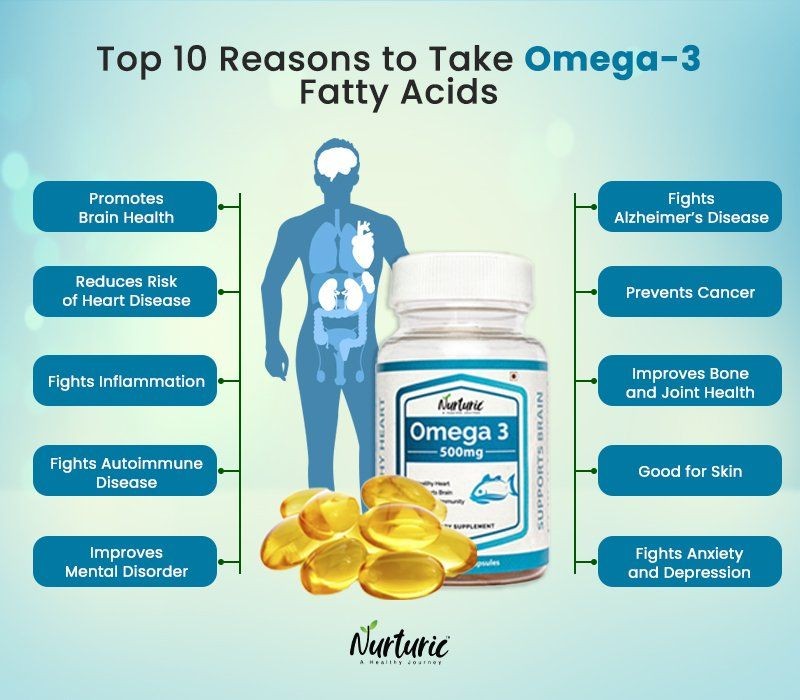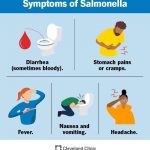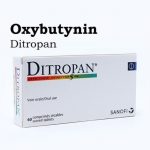
Contents
Omega 3 Fatty Acids
Omega 3 fatty acids are polyunsaturated fatty acids (PUFAs) used to reduce triglyceride levels and cardiovascular disease risk in adult patients with high triglyceride levels (hypertriglyceridemia).
Omega 3 fatty acids are prescription medical food formulated to supplement omega 3 deficiency in patients with cardiovascular disease and are used off-label to reduce disease progression in IgA nephropathy, a kidney disorder.
The three primary types of omega 3 fatty acids are alpha-linoleic acid (ALA), eicosapentaenoic acid (EPA), and docosahexaenoic acid (DHA). FDA-approved medication omega 3 fatty acids are ethyl esters containing EPA and DHA derived from fish oils. Natural sources of omega 3 fatty acids include fish, nuts, seeds, beans, and green leafy vegetables.
Omega 3 reduces triglyceride levels by inhibiting acyl-CoA:1,2-diacylglycerol acyltransferase (DGAT), a protein essential for triglyceride synthesis in the liver. Omega 3 fatty acids also increase fat breakdown in the liver through beta oxidation and enhance the activity of lipoprotein lipase, an enzyme that degrades triglyceride in the bloodstream.
Warnings
- Avoid omega 3 fatty acid supplements if hypersensitive to fish or any components in the formulation.
- Discontinue medications that worsen hypertriglyceridemia.
- Avoid using omega 3 fatty acids for the treatment of atrial fibrillation (AF) or flutter. Recurrent AF or flutter may occur with initial high-dose administration.
- Monitor LDL cholesterol levels periodically, as omega 3 fatty acids may increase them.
- Monitor patients with liver function impairment, as omega 3 fatty acids may increase liver enzyme ALT without corresponding AST increase.
- Use caution, as omega 3 fatty acids may increase bleeding time.
Side Effects of Omega 3 Fatty Acids
Common side effects of omega 3 fatty acids include:
- Belching (eructation)
- Taste perversion
- Indigestion (dyspepsia)
- Constipation
- Vomiting
- Gastrointestinal disorders
- Elevation of liver enzymes ALT and AST
- Increase in LDL cholesterol
- Rash
- Hives (urticaria)
- Itching (pruritus)
- Severe allergic reaction (anaphylaxis)
- Pain
- Back pain
- Chest pain (angina pectoris)
- Flu-like syndrome
- Infection
- Bleeding tendency disorder (hemorrhagic diathesis)
Contact your doctor immediately if you experience any of the following symptoms or serious side effects while using this drug:
- Serious heart symptoms include fast or pounding heartbeats, fluttering in your chest, shortness of breath, and sudden dizziness;
- Severe headache, confusion, slurred speech, severe weakness, vomiting, loss of coordination, feeling unsteady;
- Severe nervous system reaction with very stiff muscles, high fever, sweating, confusion, fast or uneven heartbeats, tremors, and feeling like you might pass out; or
- Serious eye symptoms include blurred vision, tunnel vision, eye pain or swelling, or seeing halos around lights.
This is not a complete list of all side effects or adverse reactions that may occur from the use of this drug. Contact your doctor for medical advice about serious side effects or adverse reactions. You may also report side effects or health problems to the FDA at 1-800-FDA-1088.
QUESTION
Dosages of Omega 3 Fatty Acids
Capsule
- Lovaza: 1 g capsule contains at least 900 mg of ethyl esters of omega-3 fatty acids sourced from fish oils, including EPA (approximately 465 mg) and DHA (approximately 375 mg)
- Omtryg: 1.2 g capsule contains at least 900 mg of ethyl esters of omega-3 fatty acids sourced from fish oils, including EPA (approximately 465 mg) and DHA (approximately 375 mg)
- Vascazen: 1 g capsule contains at least 900 mg of ethyl esters of omega-3 fatty acids sourced from fish oils, including EPA (approximately 680 mg) and DHA (approximately 110 mg)
Adult:
Hypertriglyceridemia (Lovaza, Omtryg)
- Adjunct to diet in patients with triglycerides 500 mg/dL or greater
- Lovaza: 4 g (4 capsules) orally once/day or 2 g (2 capsules) orally twice daily
- Omtryg: 4.8 g (4 capsules) orally once/day or 2.4 g (2 capsules) orally twice daily
Omega-3 Fatty Acid Deficiency (Vascazen)
- Prescription medical food specifically formulated to correct an omega-3 deficiency in cardiovascular patients
- Vascazen: 4 g/day orally once/day or divided twice daily
Pediatric:
- Safety and efficacy not established
Overdose
Omega 3 fatty acids overdose may cause vomiting, constipation, skin reactions, and metabolic disorders. If symptoms do not resolve with discontinuation of omega 3 fatty acids, seek medical help or contact Poison Control.
Drug Interactions
Inform your doctor of all medications you are currently taking, who can advise you on possible drug interactions. Never begin taking, suddenly discontinue, or change the dosage of any medication without your doctor’s recommendation.
- Omega 3 fatty acids have no known severe or serious interactions with other drugs.
- Omega 3 fatty acids have moderate interactions with at least 25 different drugs.
- Omega 3 fatty acids have no known mild interactions with other drugs.
The drug interactions listed above are not all of the possible interactions or adverse effects. For more information on drug interactions, visit the RxList Drug Interaction Checker.
Always tell your doctor, pharmacist, or health care provider of all prescription and over-the-counter medications you use, along with the dosage for each, and keep a list of this information. Consult your doctor or health care provider if you have any questions about the medication.
Pregnancy and Breastfeeding
- No adequate and well-controlled studies on the use of omega 3 fatty acids during pregnancy. Use in pregnancy only if maternal benefits justify potential fetal risks.
- Omega 3 fatty acids are present in breast milk, but their effects on milk production or the breastfed infant are unknown. Use with caution in nursing mothers.
Additional Information
- Take omega 3 fatty acids as prescribed.
- Adhere to the prescribed diet while taking omega 3 fatty acids.
- Store safely out of reach of children.
By clicking "Submit," I agree to the MedicineNet Terms and Conditions and Privacy Policy. I also agree to receive emails from MedicineNet and I understand that I may opt out of MedicineNet subscriptions at any time.
Summary
Omega 3 fatty acids are used as an adjunct to diet to lower triglyceride levels in adults with hypertriglyceridemia. Common side effects include belching, taste perversion, indigestion, constipation, vomiting, gastrointestinal disorders, elevation of liver enzymes ALT and AST, increase in LDL cholesterol, rash, hives, itching, severe allergic reaction, pain, back pain, chest pain, flu-like syndrome, infection, and bleeding tendency disorder. Consult your doctor if pregnant or breastfeeding.


